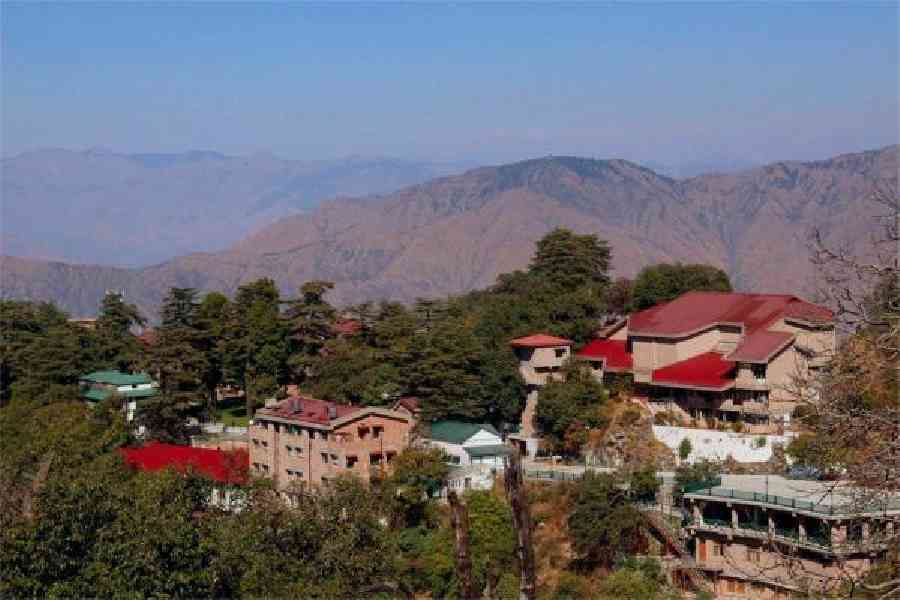‘I watched a lot of toppers' videos and interviews’


q You secured an all-India 52 rank. Did you pass the exams on your first attempt?
No, this was my second attempt. I appeared for this exam for the first time after completing my graduation in 2022. I did not clear the prelims. That is when I took some time off. I prepared for the second time with full focus. I had given myself two attempts. The second one was my serious attempt.
q Did you depend on a coaching centre?
No. I did not.
q Are there UPSC coaching centres in Darjeeling?
There aren’t that many. Recently, some local coaching centres have come up. Harsh Vardhan Shringla, who is the former foreign secretary of India, has opened a coaching centre.
q So how did you prepare?
The first thing I did was take time to understand the exam — how does it work? I listened to toppers. I watched a lot of toppers’ videos and interviews. This way I got a hang of what this exam is all about.
q And then?
I introspected. I asked myself what kind of a student I am. Am I the sort who works best in a classroom-like environment when there is a teacher in front of me? Or am I a student who likes studying on her own? I then realised I am the second sort of student — I could do this preparation from home. And that is what I did. I took some targeted guidance but mostly I did it from home and studied by myself.
q What kind of student should opt for the UPSC exams?
Well, for UPSC one has to work hard. One has to have lots of patience and perseverance to work till the very end. Many people think one has to put in 12, 16 or 18 hours of study a day to qualify. But it is not just about that many number of hours. One has to be able to sustain the rigour for a whole year. No one can study for 12 hours a day for one whole year. You will get exhausted.
q You did not go to a coaching centre, so how did you zero in on your study material?
I figured out from listening to all those toppers’ interviews that most of them referred to the same texts. They were mainly NCERT books. For ancient history, the NCERT Class VI and Class XII Part I books; for medieval history, you can follow Class XII Part II NCERT book and Class VII NCERT book. You have to strengthen your foundation. I also referred to Nitin Singhania’s book on art and culture. But it is a very bulky book. So instead of reading it, I referred to summary videos. You have to study smart. Otherwise, it is a lot of information and you cannot possibly remember everything.
q How is the UPSC exam structured?
There is Paper I, which is general studies. There are about 100 questions in that paper. You are asked broad questions from history, geography, sciences and current affairs. There is negative marking and the cut-off marks change every year depending on how other people have fared. Paper II is called CSAT, which is an aptitude test. It is a qualifying paper where you need to secure 33 per cent marks.
q Why do so many people pass the prelims but fail the mains?
The mains is a subjective exam. To clear it you need to have writing speed. One mistake some students make is that they study a lot but they do not practise writing or solving papers. You have to practise and practise a lot. For the first paper, you write 50 pages and then go for a lunch break. After that, you have to write another 50 pages. The next day, you will again have to write 50 pages in the first session and 50 pages in the second session. So in one weekend, you have actually written 200 pages. It requires a lot of stamina to write so much.
q What about the viva?
One has to be very honest. For instance, if you do not know the answer to a particular question, say that you don’t know but you are willing to learn more about it. Do not bluff. The second thing is that you have to be extremely confident. And the last thing is luck. I cannot deny that there is a 10 per cent luck factor involved in cracking the UPSC exams. One has to be humble enough to recognise that.